Jaarlijks komen er Amerikaanse studenten met een Fulbright beurs naar Nederland. Studenten doen een volledige masteropleiding, onderzoek voor hun PhD of staan voor de klas op Nederlandse scholen. Deze groep studenten deelt graag hun ervaringen aan iedereen in het basis- en middelbaar onderwijs in Nederland. ‘Amerikaan in de klas’ maakt dit mogelijk: wanneer u uw school opgeeft via onderstaand formulier, zal een van de Fulbrighters een bezoek brengen.
Classroom Visit Program: Amerikaan in de klas
Waarom een ‘Amerikaan in de klas’
Al sinds 1949 zorgen academische uitwisselingsprogramma’s er voor dat Amerikanen en Nederlanders elkaars land en cultuur beter leren kennen. Wij noemen dit het creëren van wederzijds begrip, naar de missie van Senator J. William Fulbright. Natuurlijk zijn er veel meer manieren om dit doel te bereiken dan enkel via het hoger onderwijs. Fulbrighters brengen graag een bezoek aan basis- en middelbare scholen en kunnen op heel veel unieke manieren een leerzame toevoeging zijn aan uw lesprogramma:
- Fulbrighters presenteren over hun eigen onderzoek. Denk aan een geschiedenis student die wat komt vertellen over een onderwerp dat verband houdt met de Nederlandse of Amerikaanse geschiedenis of een geneeskunde student die tijdens biologie presenteert over een relevant onderwerp.
- Fulbrighters gaan in gesprek met uw klas en wisselen (culturele) ervaringen uit
- Fulbrighters leveren een bijdrage aan de Engelse spreek- en luistervaardigheid
- Fulbrighters kunnen tijdens verkiezingen meer inzicht geven in de Amerikaanse politiek
De mogelijkheden zijn eindeloos en u bent vrij om het bezoek zelf vorm te geven.
Hoe krijg ik een ‘Amerikaan in de klas’
Vul onderstaand formulier in, dan gaan wij voor u aan de slag! Wij vragen u om een korte motivatie te schrijven, waarom u een ‘Amerikaan in de klas’ wilt. Leg hier in duidelijk uit:
- Wat het doel van de ‘classroom visit is’
- Welke (gespreks)onderwerpen belangrijk zijn
- Wat de leeftijd van de leerlingen is
- Wat het adres van uw school is
- Wanneer u graag een ‘Amerikaan in de klas’ wil
Nadat wij uw aanvraag ontvangen hebben, zullen wij contact opnemen en u koppelen aan een van onze Fulbright studenten of onderzoekers. Deelname is gratis, de Fulbright Commission verzorgt de reiskosten van de studenten.
Participants 2024-2025
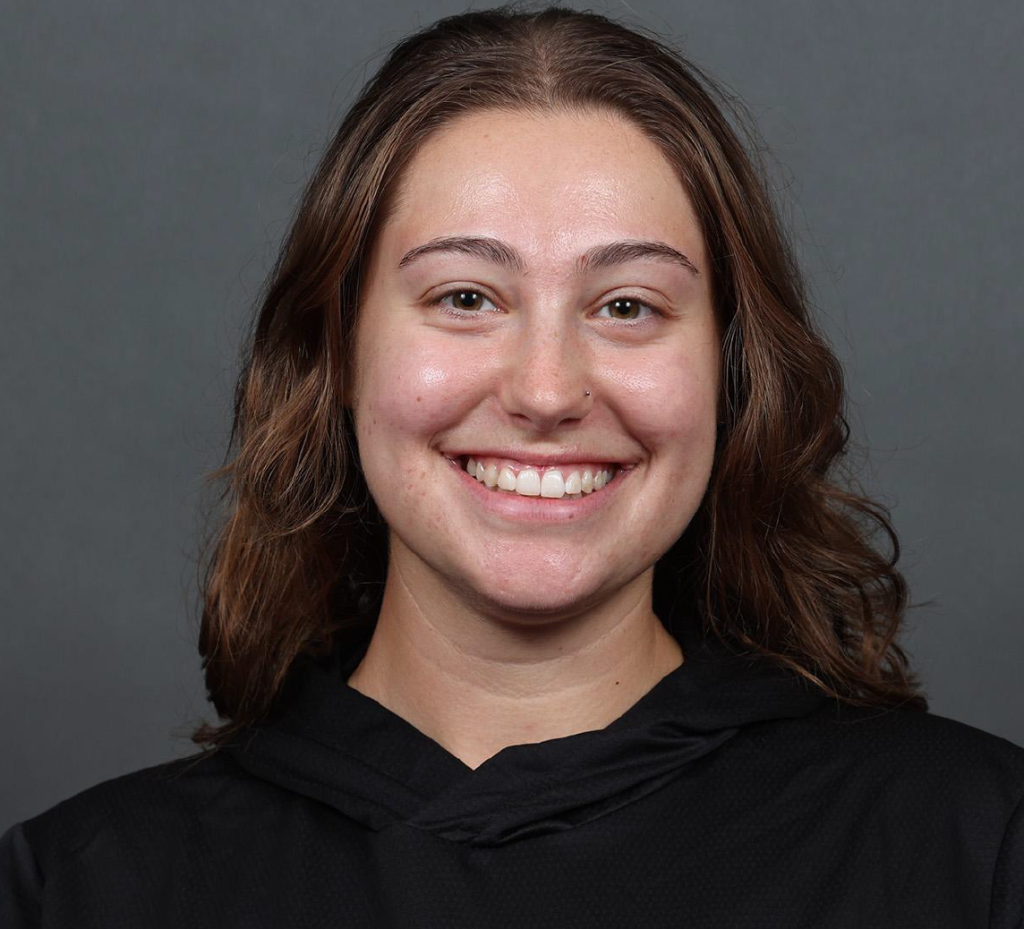
Maddy Cicha
Madison (Maddy) Cicha grew up outside of Philadelphia. She attended the University of Louisville as a Division 1athlete, eventually becoming a two-time captain of the women’s rowing team, dedicated student research assistant, and founder and president of the Undergraduate Research Club. After receiving her degree in Environmental Science through the Liberal Studies Program with minors in Biology and Arabic, she accepted a Fulbright award to the Netherlands. Currently, she is studying for her MSc in Conservation and Restoration Ecology at Radboud University in Nijmegen while researching climate change resilience and mitigation. In her free time, Maddy enjoys gardening, cooking, listening to podcasts, and Taylor Swift.

Caroline Couch
Caroline is a present student at Radboud University pursuing her MA in Creative Industries. Her research focuses on sustainability practices arts organizations can adopt as part of the production process for a future that is friendly to both culture and climate. Before moving to the Netherlands, she lived in New York City, obtaining her BA in Public Policy and History at NYU. While in NYC, she was heavily involved in the creative world whether that was working for the Metropolitan Opera or managing an independent orchestra. She approaches the arts from a lens of public policy for an interdisciplinary and critical approach regarding how administration influences artistic decisions. Outside the classroom, she writes and records her music, crochets, and enjoys rock climbing.
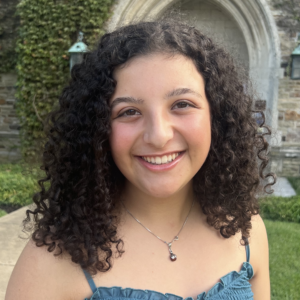
Riley Damiano
Originally from a town in New York about an hour and a half from NYC, Riley Damiano graduated with her B.S. in Neuroscience and a minor in Health Equity from Rhodes College in Memphis, Tennessee in May of 2024. She also conducted research at St. Jude Children’s Research Hospital during her time in college and has experience working with young people to encourage and support them in harnessing their power to make a difference in the world, inspired by her own experience of starting a nonprofit initiative in 2014 for pediatric cancer research. In the Netherlands, Riley is living in Utrecht and conducting neuropsychology research at Prinses Máxima Centrum for Pediatric Oncology looking at cognitive outcomes in children diagnosed with brain tumors. Riley enjoys spending time outdoors, trying to cook new recipes, reading, and exploring new places in her free time.
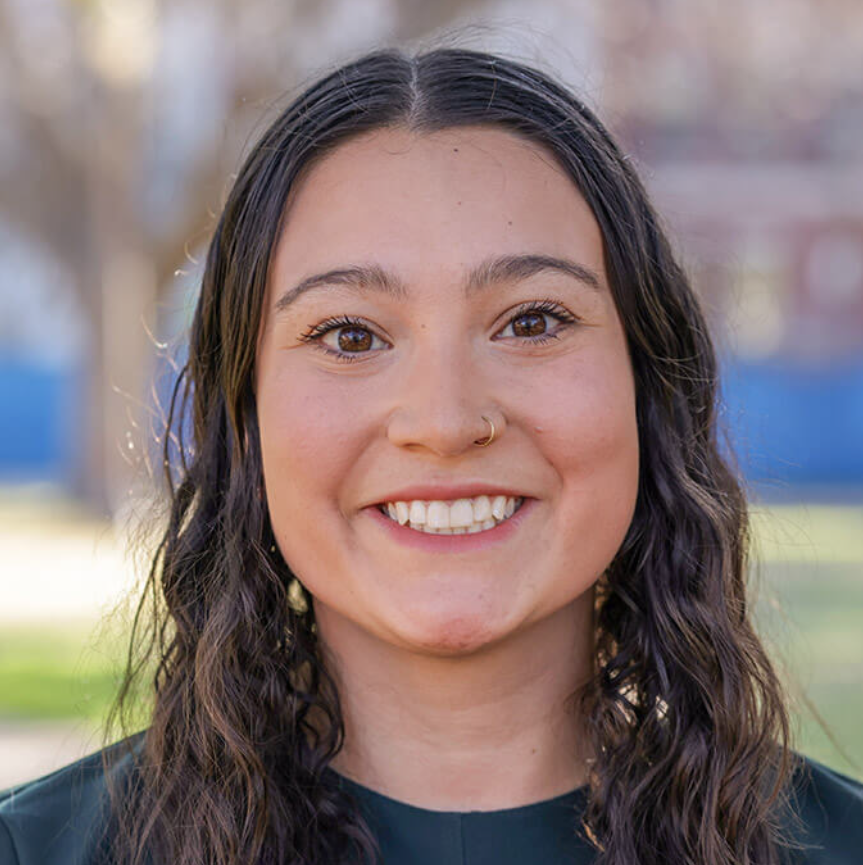
Isabelle Ford
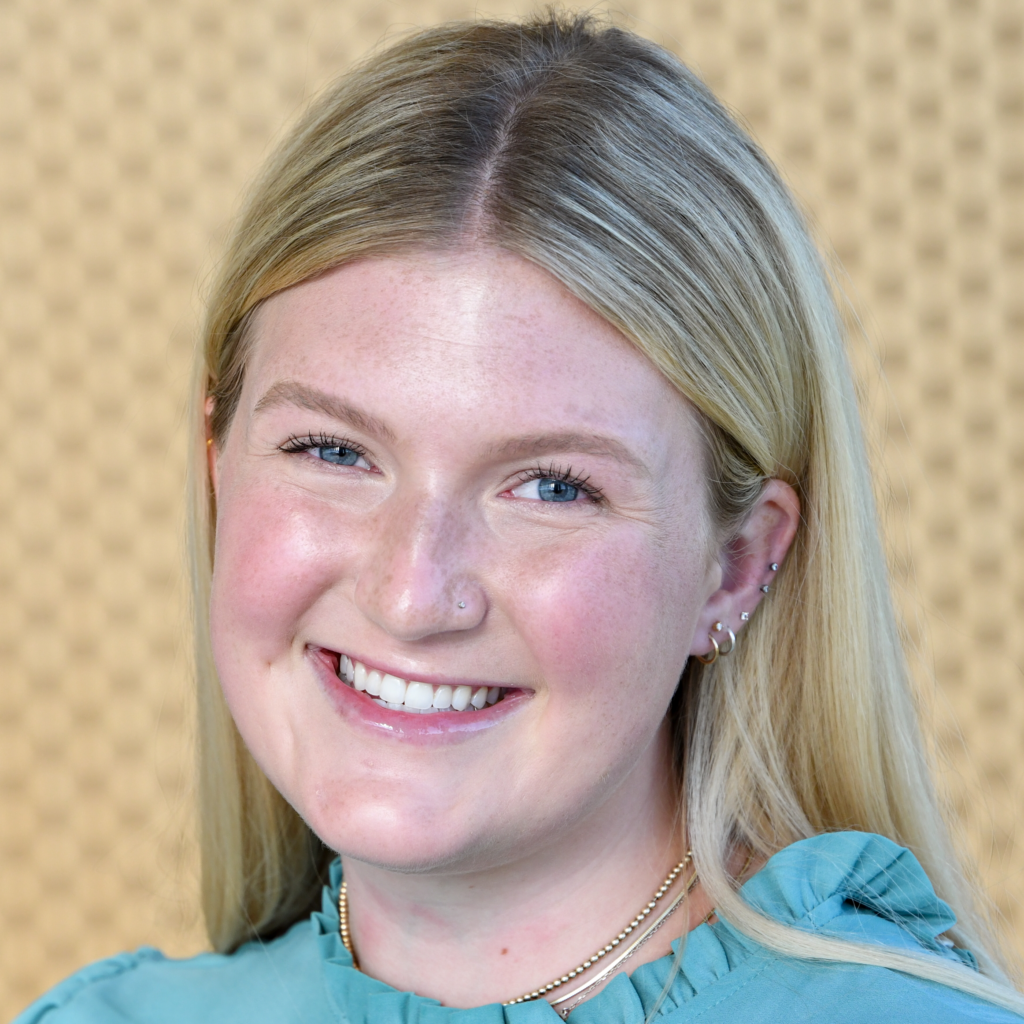
Grace Harsche
Grace is currently a Master’s student at Vrije University where she will be receiving her degree in Political Science with a concentration in Democracy, Power, and Inequality. She is originally from New Jersey but attended college in the South at Tulane University where she received a degree in International Relations and Social Policy and Practice with a minor in Gender and Sexuality Studies. At Tulane, Grace led a student organization for reproductive rights, taught sex-ed, and interned for several non-profits focusing on the U.S. relationship with the Middle East and reproductive rights. In her free time, Grace loves reading, visiting museums, and spending time at the beach. She hopes to one day work for an NGO doing conflict and peace work.
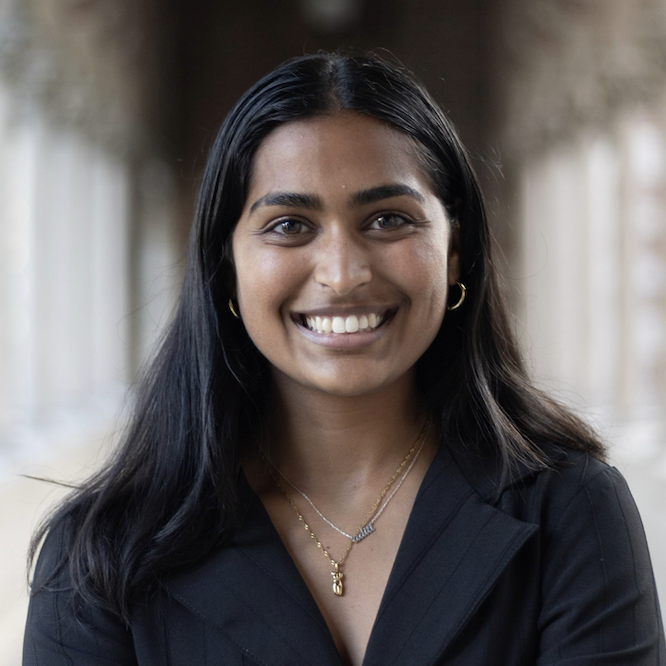
Aditi Jagannathan
Hi! My name is Aditi and I’m currently working as a researcher at the Netherlands Institute of Neuroscience in Amsterdam studying genetic markers for Alzheimer’s disease. I just graduated with my bachelor’s degree in Computational Neuroscience (with minors in AI applications and Gender and Social Justice) from the University of Southern California in Los Angeles, California. I was involved in hiking/outdoors club and prison education initiatives at USC. I’ve lived in California my whole life and am definitely missing the eternal summers there. When I’m not in the lab you can find me traveling to different countries on the weekends, running around Vondelpark, or complaining about how there are no spicy chips in the Netherlands.
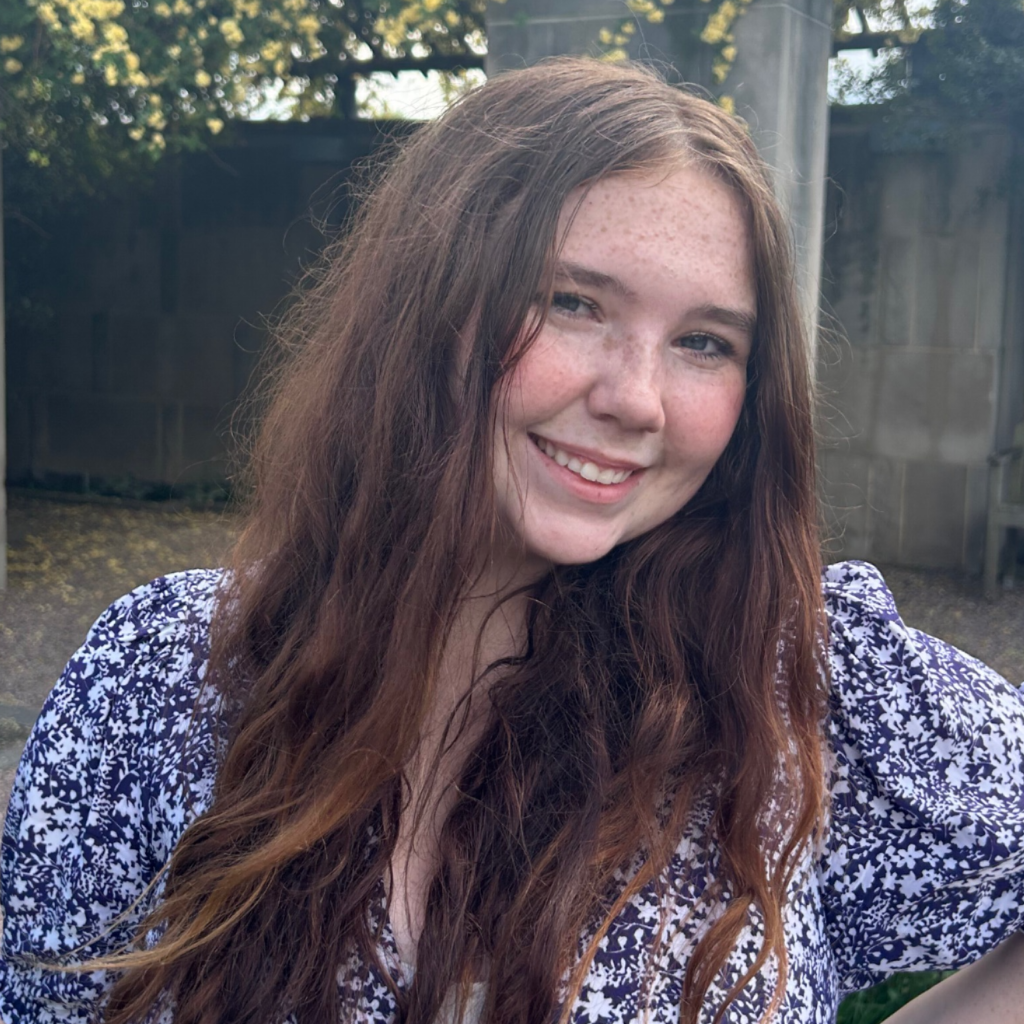
Sierra Mason
Sierra Mason is a student at Leiden University, pursuing a MSc in Crisis and Security Management specializing in Intelligence and National Security. She received her BA in Intelligence and Security Studies with minors in social studies, journalism, and cybersecurity from Coastal Carolina University in South Carolina. Throughout her undergraduate career, she held positions as VP of Communications for the Women in Intelligence and National Security organization, Head of the Europe Desk and Finance Officer for the Chanticleer Intelligence Brief, and President of the International Association for Intelligence Education Zeta Chapter. Sierra has published articles through CCU and the European Intelligence Academy on a range of subjects, including war and conflict, terrorism, and semiconductor production. She previously interned with the US Department of State, The Walt Disney Company’s Global Security, and is a Critical Language Scholarship SPARK alum. Outside of the classroom, Sierra loves traveling, watching movies, and roller-skating.
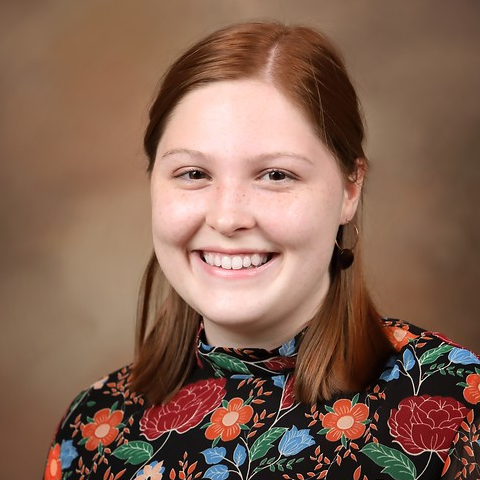
Marlo Mecredy
Marlo is from Atlanta, Georgia. She attended Mercer University in Georgia and graduated in 2023 with a Bachelor of Science and a Master of Science, both in civil engineering. At Mercer, she conducted research in geotechnical engineering and acted for two years as the president of Mercer’s American Society of Civil Engineers chapter. She is currently pursuing a Master of Science in Environment and Resource Management at Vrije Universiteit Amsterdam, with a specialization in global water challenges. She hopes to use her education and her experience as a Fulbright scholar to promote sustainability in engineering. In her free time, she loves doing jigsaw puzzles and drawing.
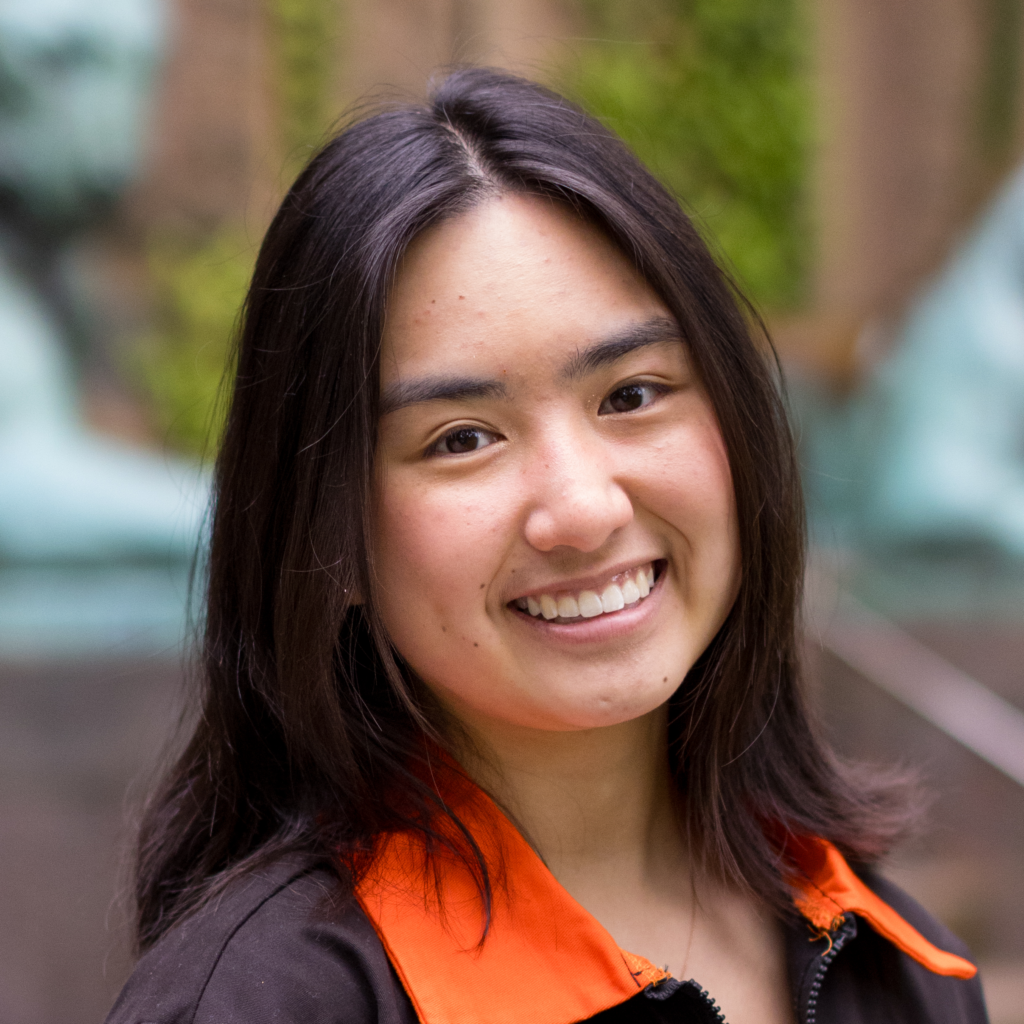
Rachel Tam
Rachel is currently a researcher at Erasmus MC looking at how certain regions in the brain work together to influence social behavior and how they may be affected in individuals with autism. She is originally from Edison, New Jersey, and studied Neuroscience at Princeton University. She also studied abroad as a Psychology student at the University of Oxford for one semester. That ultimately inspired her to apply for a Fulbright award and return to Europe. In her free time, Rachel enjoys traveling, rowing, and trying out new restaurants.
Ervaringen van deelnemers
Benieuwd naar de ervaringen van Fulbrighters? Lees hieronder een verslag van een recent bezoek in de klas.
 Samuel Chen, Julia Jung & Catherine Knox
Samuel Chen, Julia Jung & Catherine Knox
How would you explain America’s upcoming election in fifty minutes or less? Could you do it across a language barrier, across a cultural barrier, in a country accustomed to over a dozen political parties, instead of just two? Doing so would require a kind of Rosetta Stone: something to translate not just the words electoral college and absentee ballot, but also their implications, what they might mean for Americans and Europeans alike.
My fellow Fulbrighters Julia Jung (Utrecht University), Catherine Knox (Vrije Universiteit Amsterdam) and I tried our hands at translation last month. Set to teach a short class on the U.S. election system at Dorenweerd College in Gelderland, we tried to create a lesson plan that would encourage a more nuanced understanding of the imminent vote. We included definitions for the relevant vocabulary – nationalism, political platform, etc. – and activities to help illustrate the “winner takes all” logic of electoral points. But we were writing for an invisible audience, with no way of knowing how the lesson would be received, or if it would be understood.
Arriving at the school, we received encouragement. The space itself seemed reassuring – set back on a tree-studded hill, the high school was open, bright, filled with the same type of nervous energy we remember from our own teenage years. Inside, the teachers who had answered our late-night emails and deciphered COVID regulations to bring us in all assured us that the students were excited and receptive. The students themselves – somehow already taller than us at just fifteen – took their seats respectfully, listened closely, participated tentatively. As the lesson marched along, we loosened, seeing that the words were being absorbed. But the concepts? Did they translate? We couldn’t know until the final minutes of the class, the time when we asked “Any questions?” and waited, nervously, for signs of comprehension.
In each class, the silence after the question seemed to stretch impossibly long. Twenty or so students, suddenly hushed, as if a cleared throat or muffled cough would be met with an invitation to speak. We waited with tightened stomachs, wondering whether we spoke too quickly, too slowly, too softly. But a hand eventually found itself raised, and a question issued forth with thoughtfulness and engagement beyond what we had expected. With the question, the classroom shifted from monologue to dialogue, and we remembered the reason for our time here, both in Gelderland, and in the Netherlands in general: to foster dialogue in every interaction, and to connect despite barriers.
Speaking with the students at the end of the lesson, we felt this connection, and are grateful to Dorenweerd College for letting us into their lives, and to the Netherlands’ Fulbright commission for allowing us to forge such connections in a time of such uncertainty.



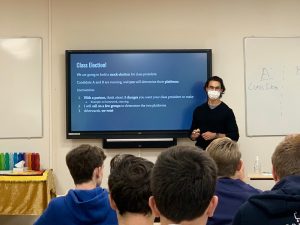 Samuel Chen, Julia Jung & Catherine Knox
Samuel Chen, Julia Jung & Catherine Knox